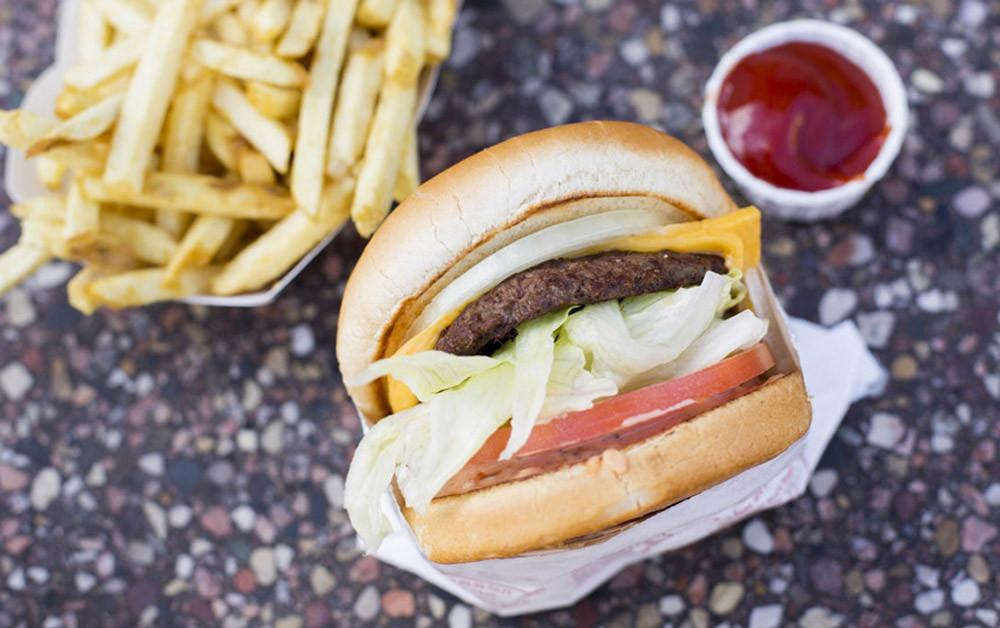Food addiction in the form of overeating can happen to anyone, folks! It’s hard to deny the pleasure we get from eating, and over time, we’ve begun to eat more and more.
Even if you don’t consider yourself a food addict, I’m willing to bet you, like most of us, eat more food than you need. There is a potential reason for this, as some research has uncovered.
Our bodies rely an a naturally-occurring hormone known as leptin to regulate what we eat. This remarkable hormone is what tells our brains when we’ve eaten enough food. However, in recent years, this regulator has become somewhat confused, leaving a lot of us unaware of when we should stop eating.
There is growing evidence that demonstrates leptin could influence the parts of your brain that control how intense your desire to eat is. It has also been discovered that leptin can do more than just change brain chemistry–it may also “rewire” the crucial areas of your brain that control metabolism and hunger.
Leptin primarily controls the the processes by which your body stores fat. When you gain extra weight, that additional fat produces more leptin, which should tell your brain that your body should stop making and storing fat and start burning the excess off. The signals to stop eating are sent right to your brain so you stop feeling hungry. Naturally, it’s crucial your brain is able to receive this signal. Otherwise, your brain will think your body still needs energy and will continue to make you feel hungry even if you’re full.
What we’ve seen over the years is evidence that people are becoming “leptin resistant.” This happens when your brain is no longer able to properly hear the signals from this hormone. This resistance is likely due to overexposure to leptin via the consumption of too much sugar.
As noted by The Atlantic, is it very difficult to overcome addiction to sugar on your own (https://www.theatlantic.com/health/archive/2012/02/the-most-unhappy-of-pleasures-this-is-your-brain-on-sugar/253341/). However, you can take steps right now to reduce your sugar intake and help reverse the problem. Try to cut sugar from various areas of your diet little by little. Ditch the sugar in your morning coffee, for example, or start skipping that midday muffin. Over time, it will become easier to avoid that sweet stuff and get your body back on the right track!




